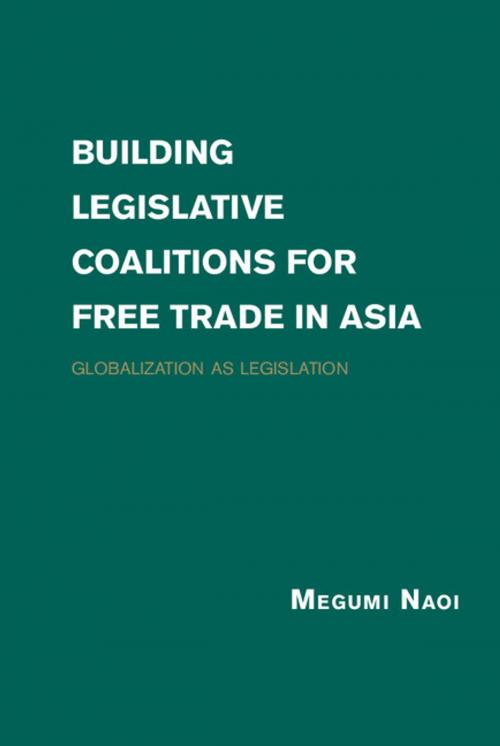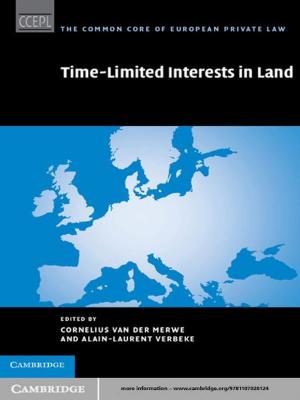Building Legislative Coalitions for Free Trade in Asia
Globalization as Legislation
Nonfiction, Social & Cultural Studies, Political Science, Politics, Economic Conditions, Business & Finance| Author: | Megumi Naoi | ISBN: | 9781316288030 |
| Publisher: | Cambridge University Press | Publication: | July 20, 2015 |
| Imprint: | Cambridge University Press | Language: | English |
| Author: | Megumi Naoi |
| ISBN: | 9781316288030 |
| Publisher: | Cambridge University Press |
| Publication: | July 20, 2015 |
| Imprint: | Cambridge University Press |
| Language: | English |
What accounts for the large reduction in trade barriers among new democracies in Asia after World War II? Using new data from Japan and Thailand, this book provides a surprising answer: politicians, especially party leaders, liberalized trade by buying off legislative support with side-payments such as pork barrel projects. Trade liberalization was a legislative triumph, not an executive achievement. This finding challenges the conventional 'insulation' argument, which posits that insulating executives from special interest groups and voters is the key to successful trade liberalization. By contrast, this book demonstrates that party leaders built open economy coalitions with legislators by feeding legislators' rent-seeking desires with side-payments rather than depriving their appetites. This book unravels the political foundations of open economy.
What accounts for the large reduction in trade barriers among new democracies in Asia after World War II? Using new data from Japan and Thailand, this book provides a surprising answer: politicians, especially party leaders, liberalized trade by buying off legislative support with side-payments such as pork barrel projects. Trade liberalization was a legislative triumph, not an executive achievement. This finding challenges the conventional 'insulation' argument, which posits that insulating executives from special interest groups and voters is the key to successful trade liberalization. By contrast, this book demonstrates that party leaders built open economy coalitions with legislators by feeding legislators' rent-seeking desires with side-payments rather than depriving their appetites. This book unravels the political foundations of open economy.















